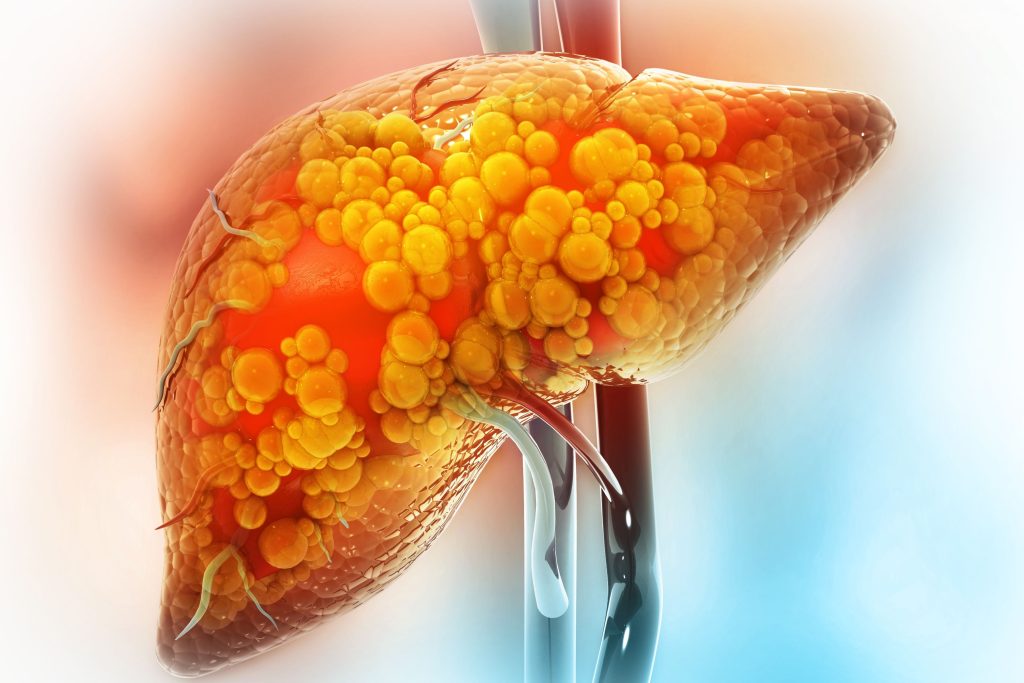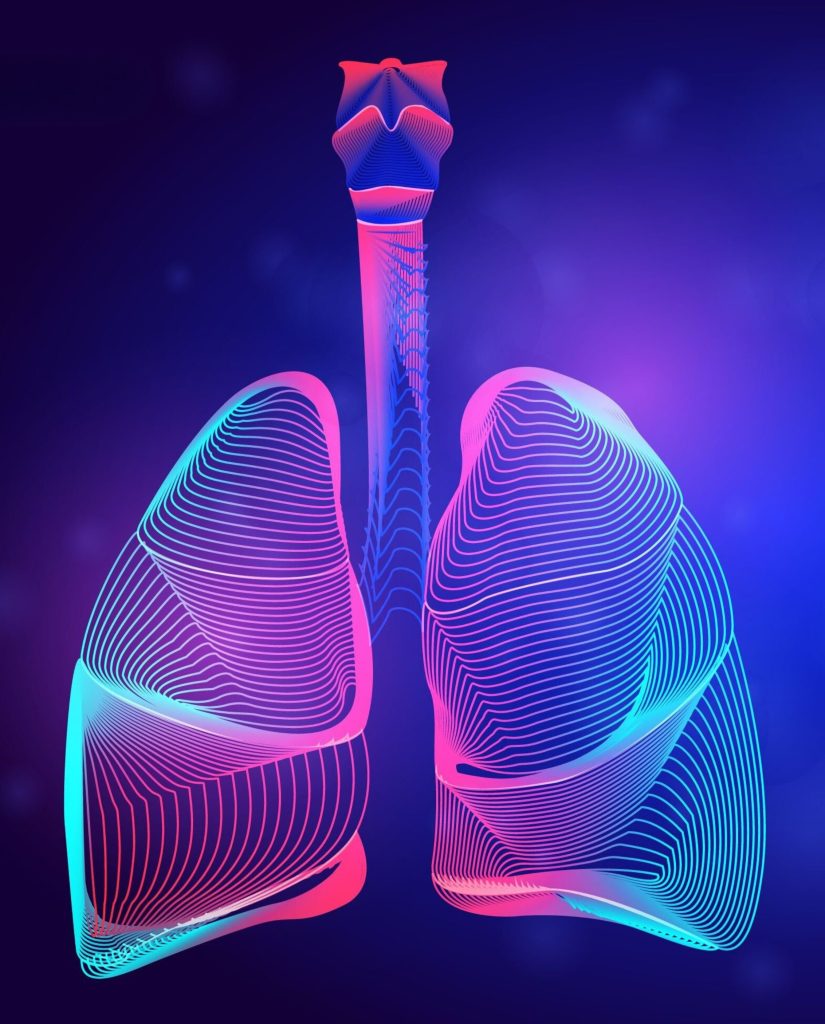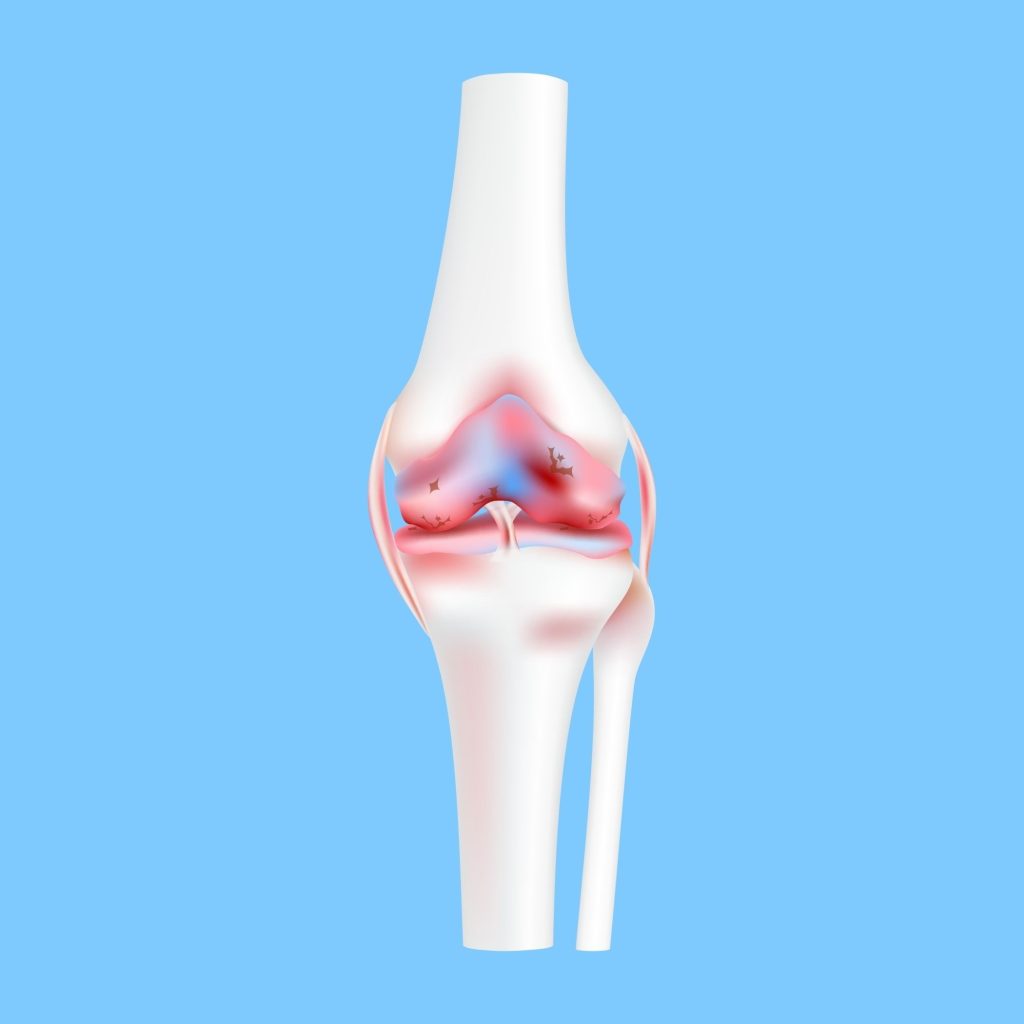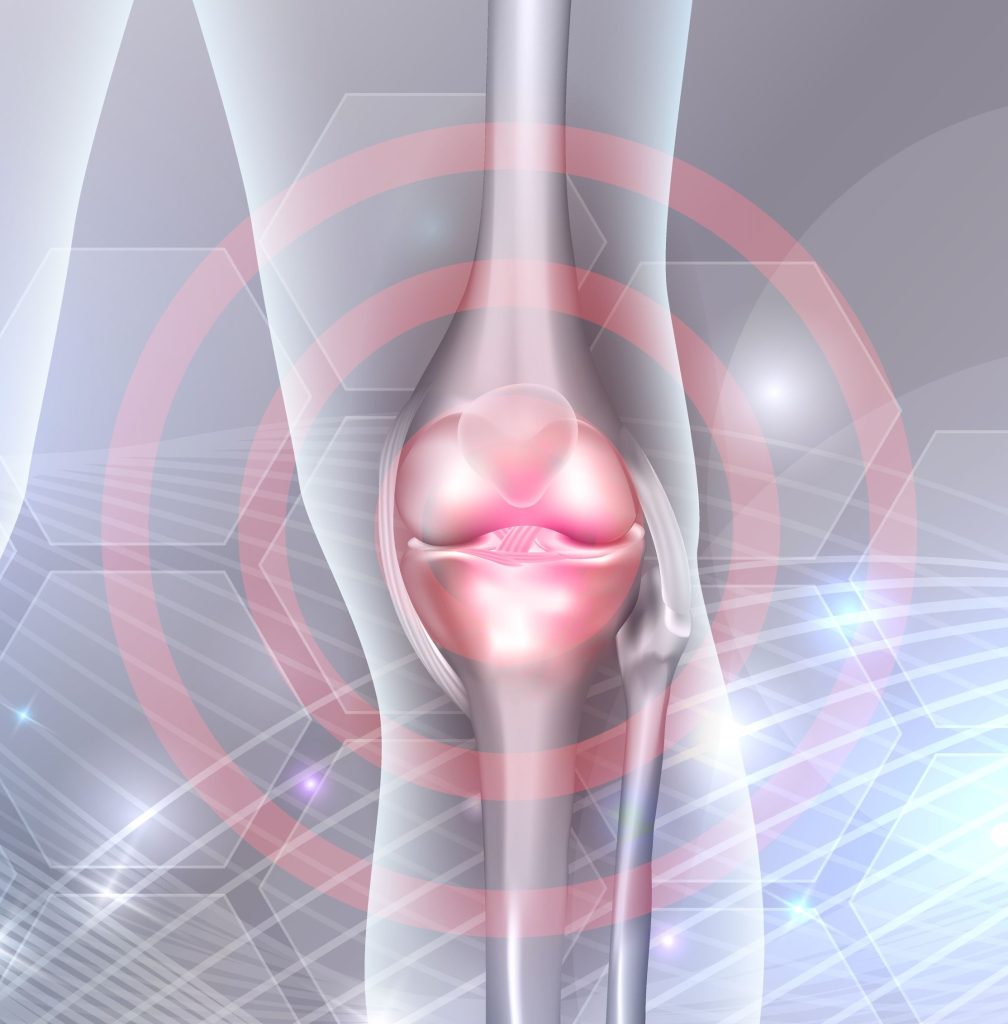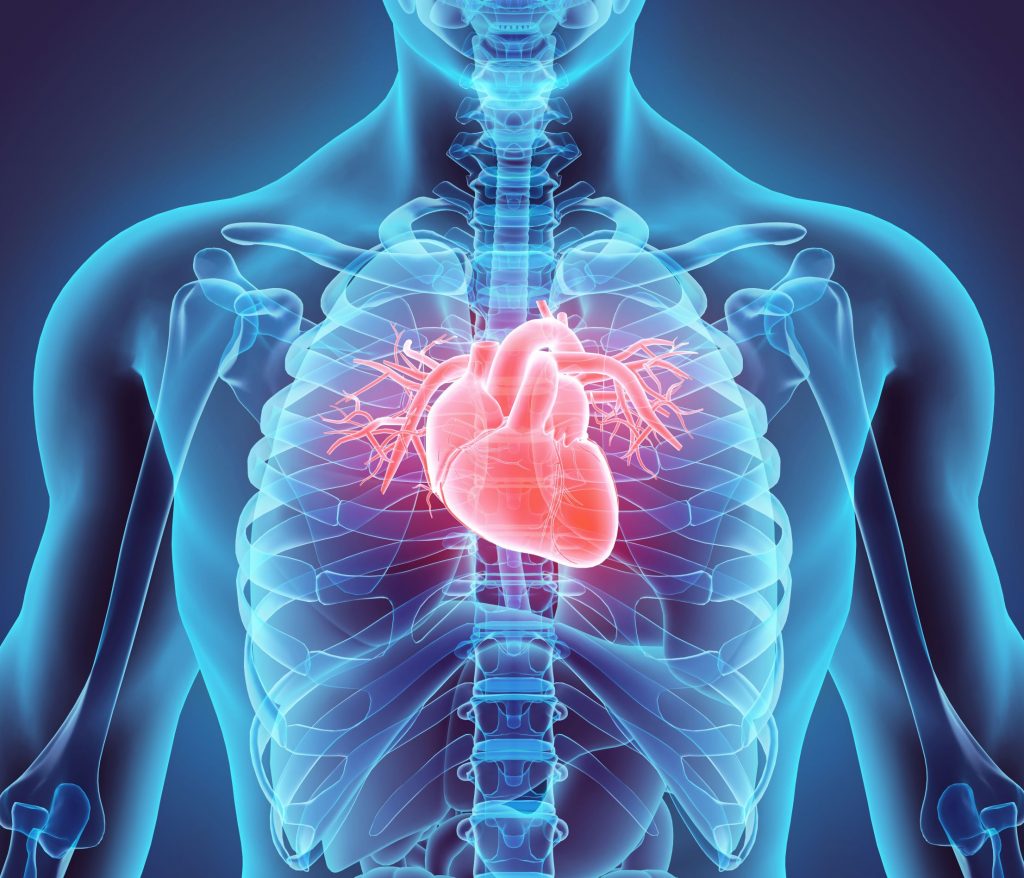
A scientist found that horses’ heart rates mirror those of human subjects touching them. A study of 2,500 men aged 49 to 54 found that having an orgasm at least three times a week cut in half the likelihood of death from coronary heart disease. Over the course of a day, about 100,000 heart beats […]

